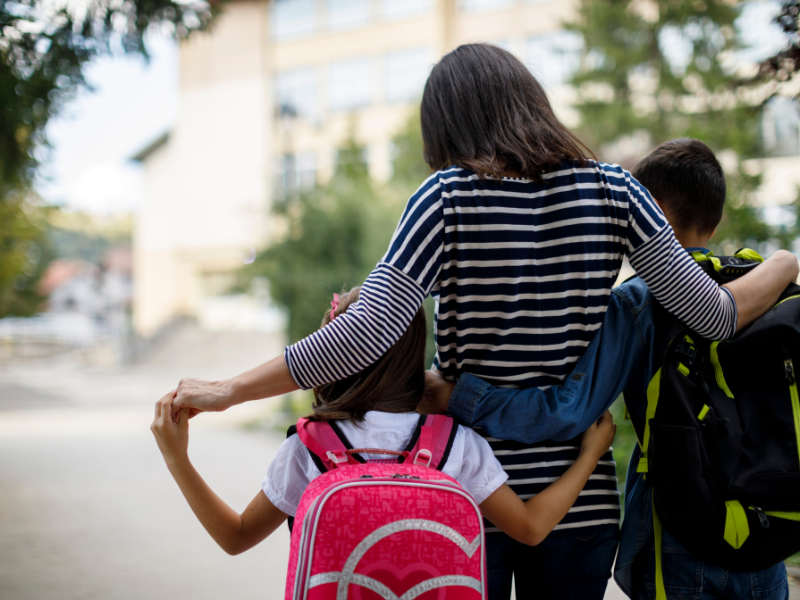
Amanda Kieffer: WV has too many laws preventing former criminals from working

Amanda Kieffer: WV has too many laws preventing former criminals from working
How long should the consequences of your mistakes follow you in life? This is a question that the West Virginia State Senate is considering with SB 493: Relating to the use of criminal records as disqualification from authorization to practice a particular profession. SB 493 raises the standard of disqualification for prior criminal offense from a “rational nexus” to “directly related.” In cases where the offense is related, the bill requires the board to consider evidence of rehabilitation or treatment undertaken by the individual.
Criminal justice reform researchers and experts agree that helping formerly incarcerated individuals find meaningful employment is not only important for a state’s economy but also an important part of reducing recidivism and improving public safety.
Joshua Crawford is the Director of Criminal Justice Initiatives at the Georgia Center for Opportunity. He says, “The criminal justice system is at its best when it has two simultaneous north stars: accountability and redemption. You want a system that holds offenders accountable, punishes wrongdoing, and removes from civil society those who would do others harm. At the same time, you want people to exit that system better off and to re-enter in a more meaningful way. A major hurdle to this is obtaining a job. We’ve known for a long time that having a job reduces recidivism upon release.”



